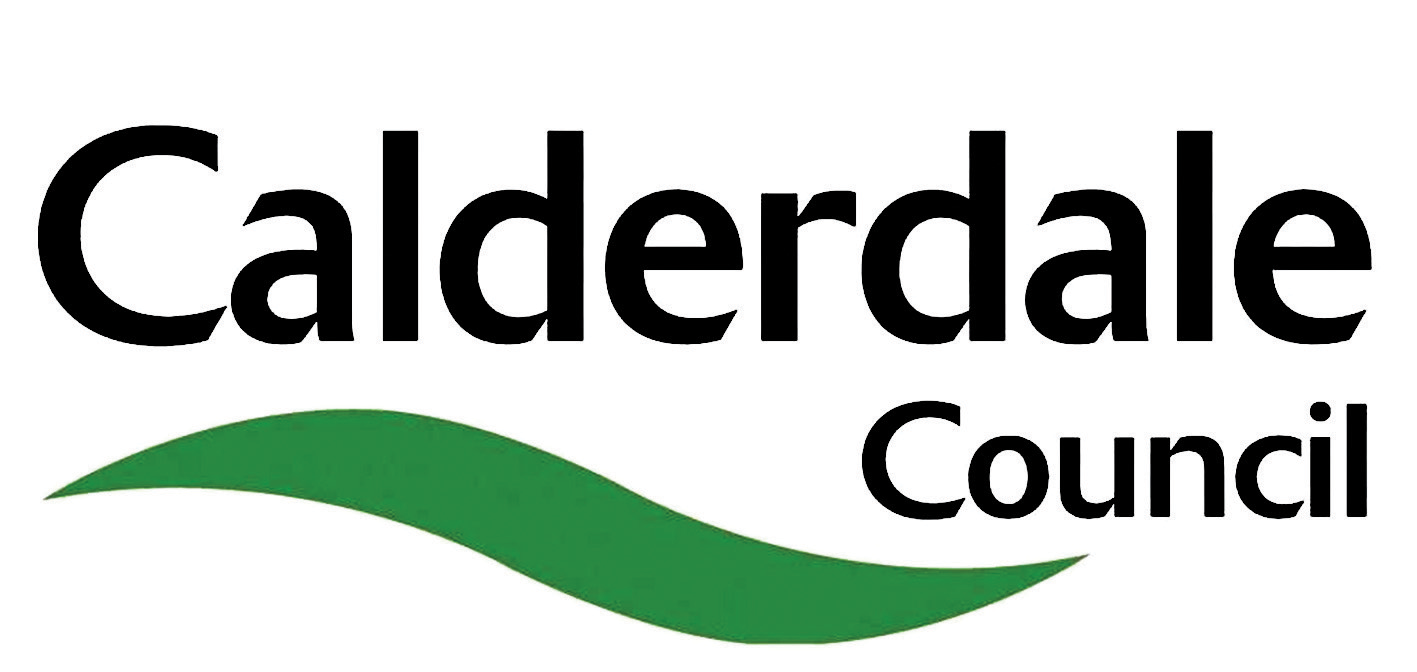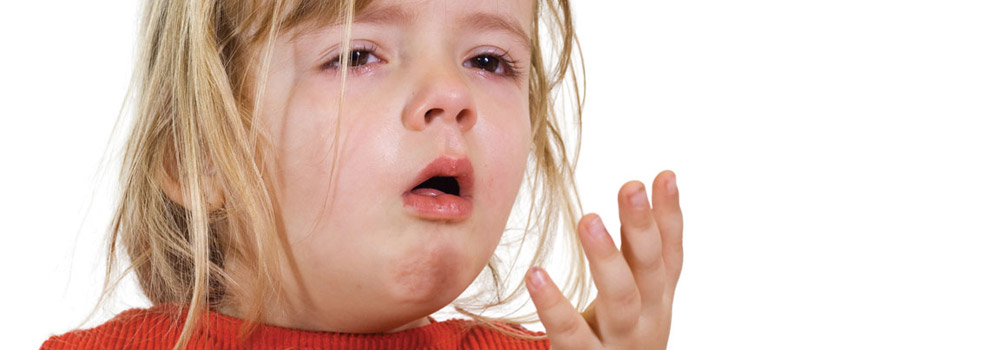You will probably find when your child starts mixing with other children they get lots of coughs, colds and sniffles. There are some good things about this though as it helps the body build up a natural immune system. If your baby is under three months and has a cough, take them to your GP who may check them for whooping cough. Young babies do not always make the characteristic whooping cough sound.
Flu can be more serious than a cold and leave your child feeling quite unwell. Flu tends to come on more suddenly and severely than a cold. Your child may have aching limbs and feel uncomfortable, and be ill for a week or more. Coughing at night may keep them awake. Children under six months should not be given over-the-counter cough and cold medicine unless prescribed by your GP or pharmacist.
Most viruses will run their course without doing any real harm because they will get better on their own. An annual nasal spray flu vaccine is available from the age of two as part of the NHS Childhood Vaccination Programme. Ask your GP or pharmacist for details.
Things you can do at home to help:
-
Give your child lots to drink.
-
Try sugar-free paracetamol or ibuprofen (not aspirin) (see know the basics).
-
Keep them away from smoke and anyone who smokes.
-
Talk to your pharmacist but remember that coughing is the body’s way of keeping the lungs clear.
-
Make sure they get plenty of sleep/rest.
Contact your GP if:
-
Your baby has a persistent temperature of 38°C (fever) or more.
-
They are drowsy and less interactive.
-
Your child is finding it hard to breathe.
-
Persistent temperature does not respond to medicine (see fever).



